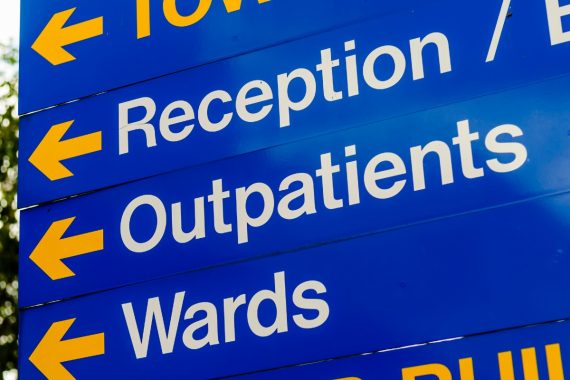New guidelines aimed at streamlining non-emergency patient transport services (NEPTS) should help cut bureaucracy for GPs, according to NHS England.
An extensive report into existing arrangements recommends measures to make it easier for GPs to direct patients to available services and also clarifying patient eligibility.
It said this would allow GPs to make the best use of their time by minimising any unnecessary involvement in patient transport issues.
The new guidelines were drafted to ensure vulnerable patients, including those with long-term conditions and mobility problems, get free transport to and from their appointments.
Eligible patients included those who have:
- a medical need for transport, for example because they require oxygen while travelling which needs specialised equipment or support
- a cognitive or sensory impairment, where they require the support of patient transport staff or a trained driver
- no other suitable transport option given, where their wider mobility or medical needs, and treatment or discharge would be missed or severely delayed
Professor Stephen Powis, NHS England national medical director, said: ‘The NHS is easing the health and financial costs of long-term conditions.
‘Digital, video and phone consultations all have their part to play, but each year patients still need millions of convenient face-to-face appointments with hospitals and GPs.
‘That’s why these new arrangements – developed in partnership with patients’ groups – will make it easier to get convenient NHS care, while easing the financial burden of long-term health conditions and helping reduce the health service’s carbon footprint.’
The report proposed responsibility for arranging non-emergency patient transport will move to ICSs in future with primary care providers being asked for their input on how the service and eligibility assessments will work.
The review also establishes a new national framework for non-emergency patient transport to reach net zero carbon emissions and improve procurement and contracting.
It comes as England’s GP leaders voted in favour of BMA negotiating for a removal of home visits from core GP work in November 2019.
Pulse October survey
Take our July 2025 survey to potentially win £1.000 worth of tokens















“minimising any unnecessary involvement in patient transport issues”?
That would be zero involvement. Not your problem.
And as for ‘input on how the service and eligibility assessments will work’ that would be a firm Foxtrot Oscar.
Which part of transport for hospital appointments ever involved GPs? Another longstanding workload dump on GP practices.
Free free free. More more more. Less less less.
“no other suitable transport option given, where their wider mobility or medical needs, and treatment or discharge would be missed or severely delayed”
Ahh…the usual catch all slipped in at the end…
File under deleted. Not a GP problem.